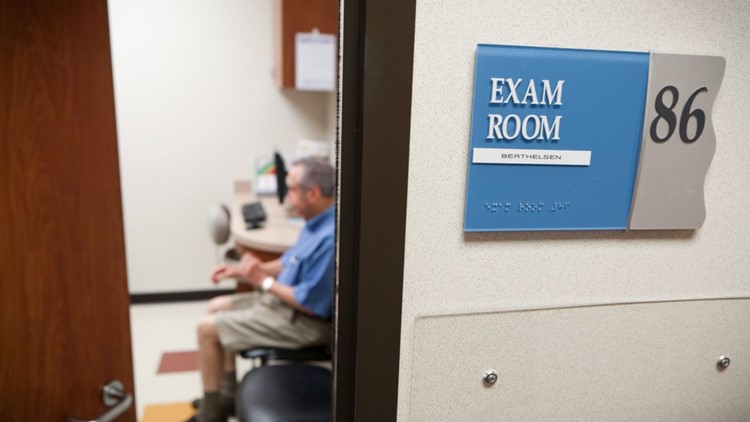A new Texas law that aims to protect patients from receiving surprise medical bills takes effect this week. Consumer advocates have praised the law as one of the most robust set of billing protections in the nation, though it only applies to about one-third of Texans with private health insurance.
The intent of Senate Bill 1264 is to remove patients from billing disputes between state-regulated health insurance plans and health care providers.
Previously, when a health insurer declined to pay the full price charged by an out-of-network doctor for a medical procedure, the doctor could bill the patient for the remainder, or balance, of the cost. Such “balance bills” often took patients by surprise. For example, a patient who received surgery at a hospital within his or here health insurance network might unknowingly receive care from an out-of-network anesthesiologist, who could send the patient an expensive balance bill if the insurer declined to pay the anesthesiologist’s full rate.
Now, insurers and health care providers must leave the patient out of billing disputes and negotiate prices for out-of-network care using an arbitration process.
The law applies to Texans with state-regulated health plans, which includes most state employees and public school teachers, people who purchase insurance through the Affordable Care Act marketplace and some people who receive health insurance through their private employers. A person’s health insurance card will bear a “TDI” or “DOI” imprint if the health plan is state-regulated.
About 16% of Texans have state-regulated health insurance, according to the Texas Department of Insurance. Roughly one-third of Texans with private insurance have state-regulated plans, according to the left-leaning Center for Public Policy Priorities, a think tank that supported the new state law.
The new law bans balance billing for emergency care. In nonemergency situations, there is an exception that allows providers to charge balance bills to patients who intentionally seek out-of-network providers. In those cases, the state’s insurance agency offers a disclosure form for providers to ask patients to sign.
Disclosure: The Center for Public Policy Priorities has been a financial supporter of The Texas Tribune, a nonprofit, nonpartisan news organization that is funded in part by donations from members, foundations and corporate sponsors. Financial supporters play no role in the Tribune's journalism. Find a complete list of them here.
The Texas Tribune is a nonpartisan, nonprofit media organization that informs Texans — and engages with them – about public policy, politics, government and statewide issues.



